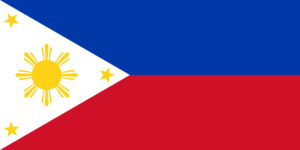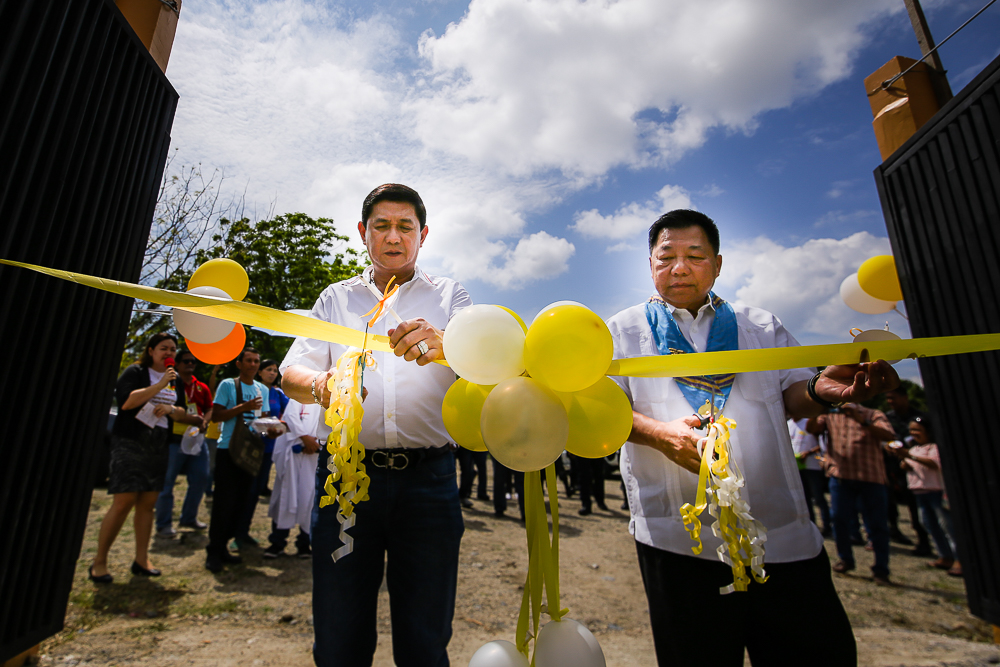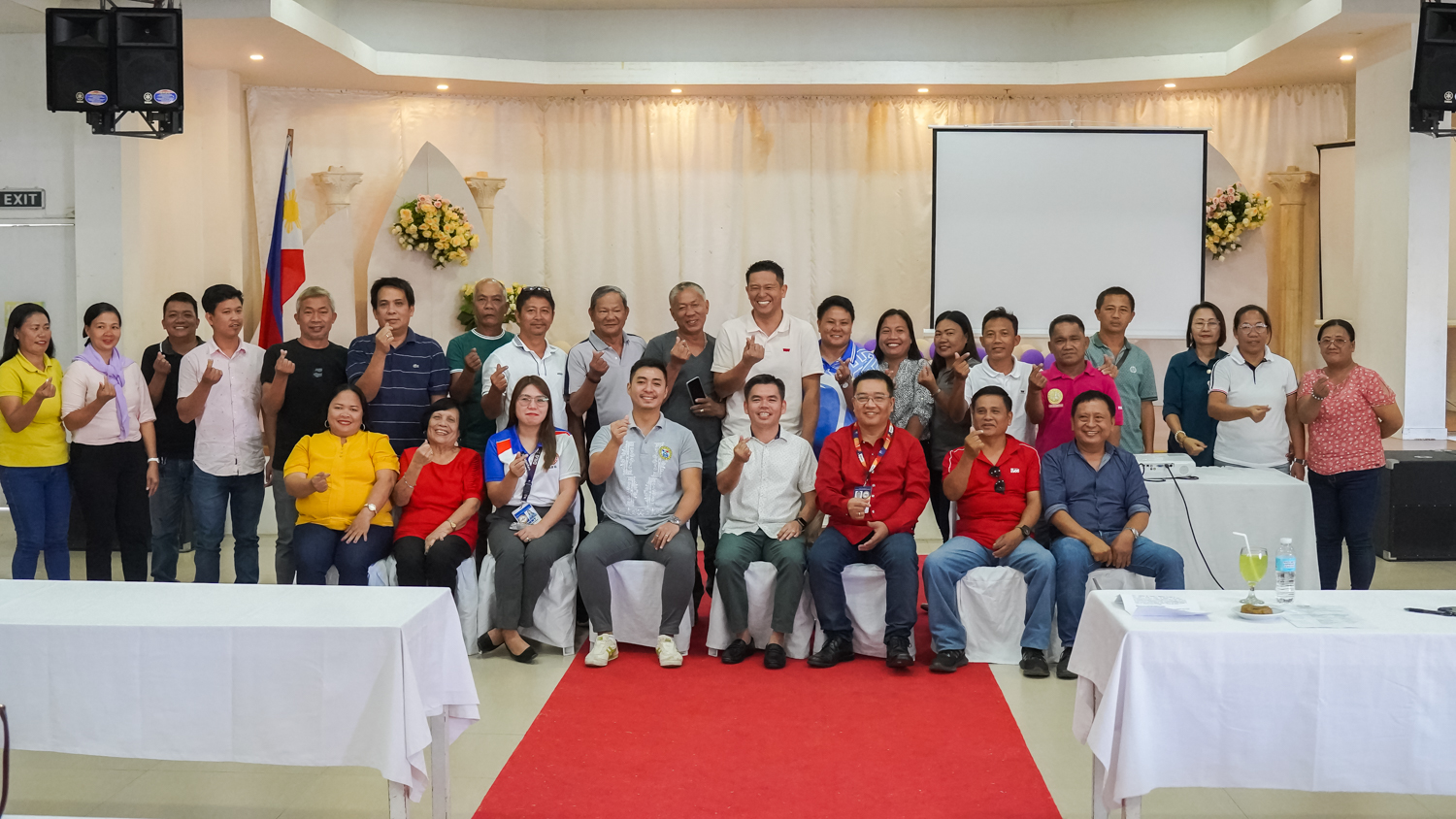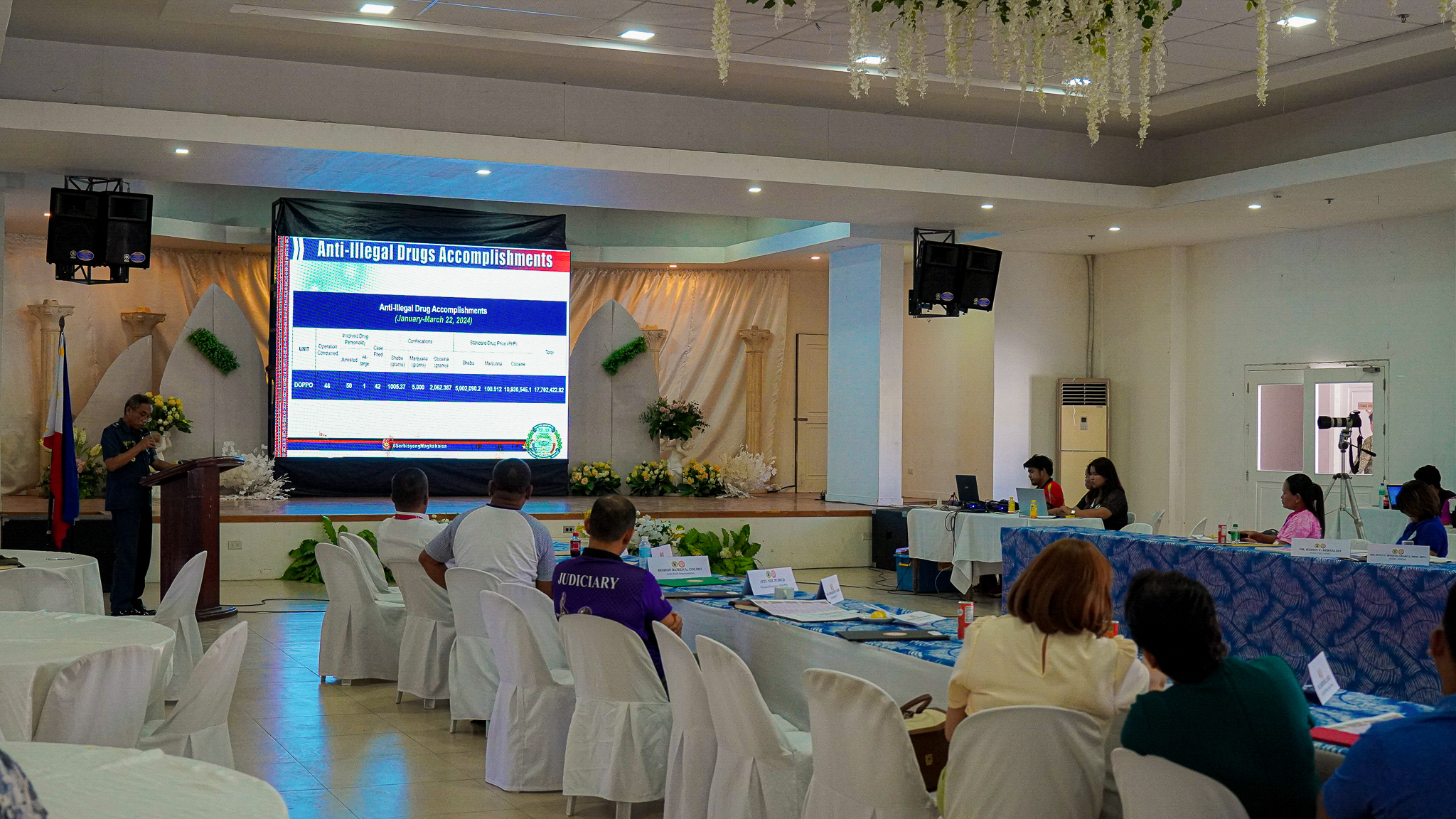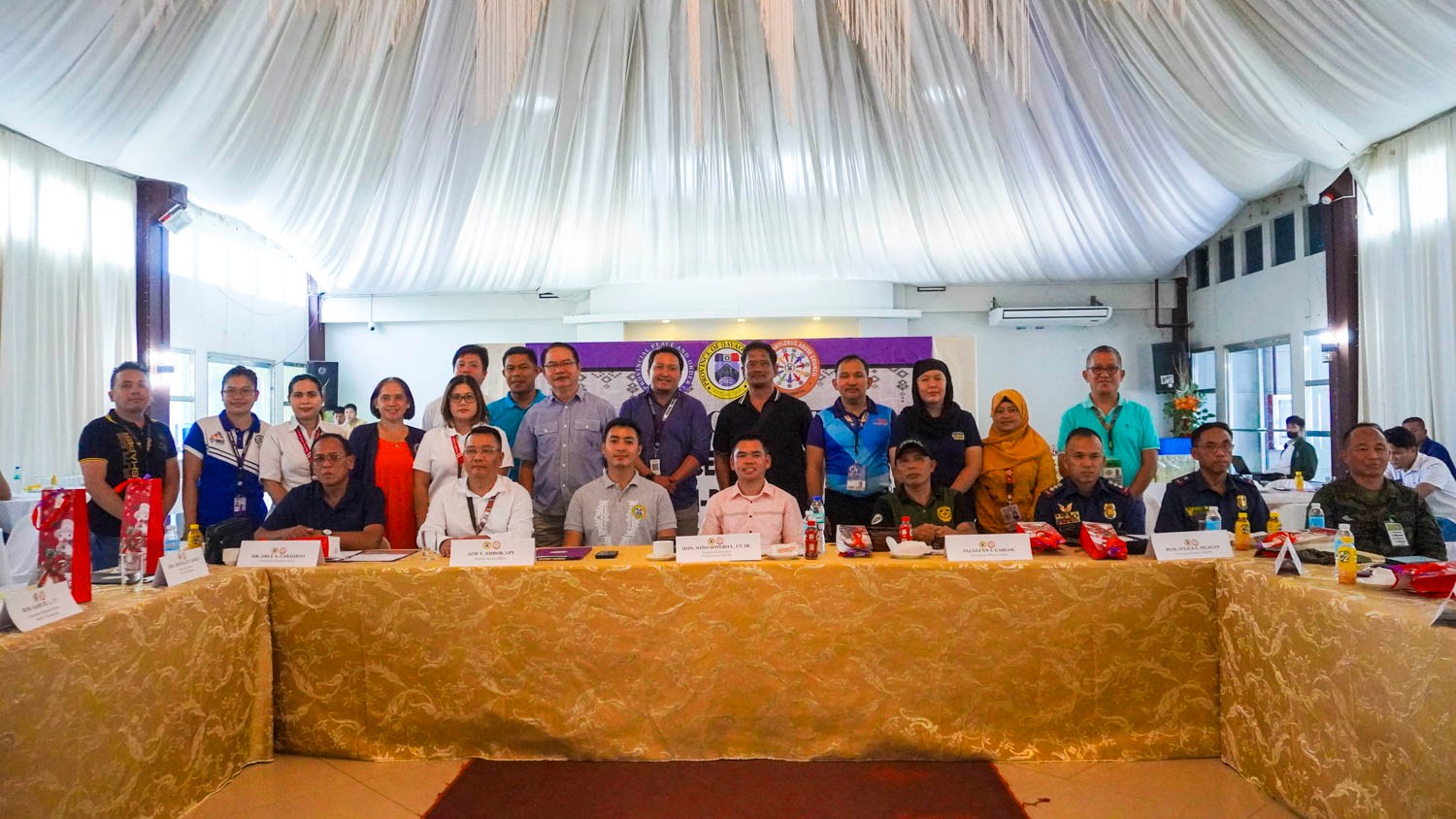DAVAO ORIENTAL – Governor Nelson Dayanghirang and partners led the historic launching of the Balay Silangan Bagong Bahay Para sa Bagong Buhay Drug Reformation Center on Friday, October 5, here.
Touted as Davao Region’s first drug reformation center initiated by a Local Government Unit, the said facility is set to provide comprehensive services for drug reformists, enabling them to transform their lives from the bondage of drug abuse into one that is healthier and more productive.
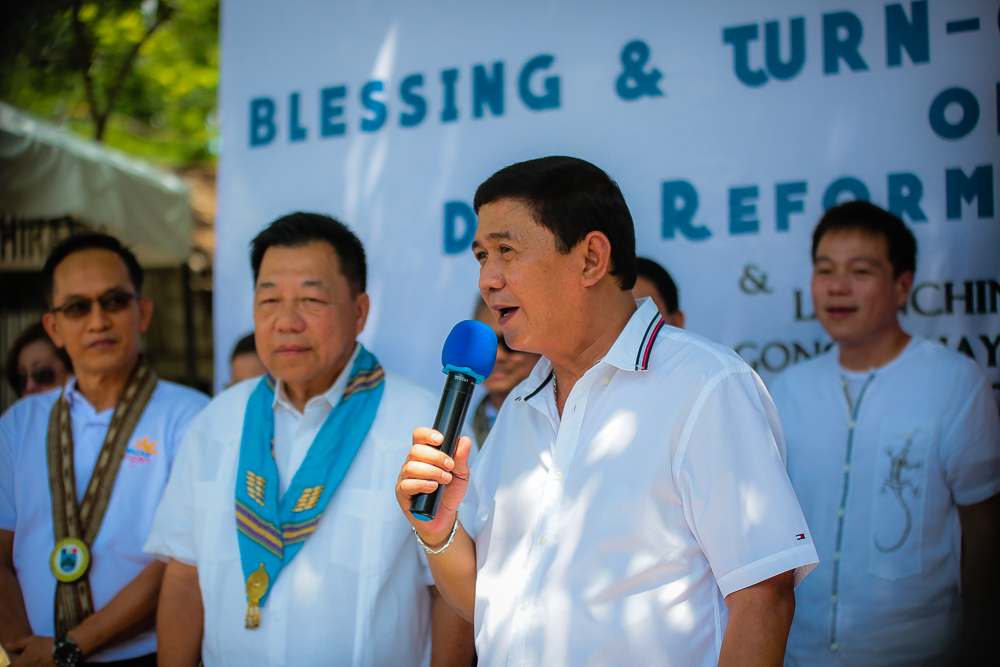
“It is our duty to uplift the welfare of our people that is why we prioritized the rehabilitation of drug users. The construction of this residential treatment and rehabilitation facility is the answer to the great challenges posed by the illegal drugs problem,” said Governor Dayanghirang.
Consisting of two spacious buildings – one being donated by the Federation of Filipino-Chinese Chamber of Commerce and Industry, Inc. (FFCCCII) and the other constructed by the Provincial Government, the 40-bed capacity Balay Silangan facility will initially cater around forty drug reformists.
Situated at the sprawling 12-hectare lot owned by the Provincial Government in Sitio Magay, Barangay Don Martin Marundan in the City of Mati, the Balay Silangan is only a stone’s throw away from the Philippine Army’s 701st Brigade camp, an ideal set-up that increases the facility’s already set security measures.
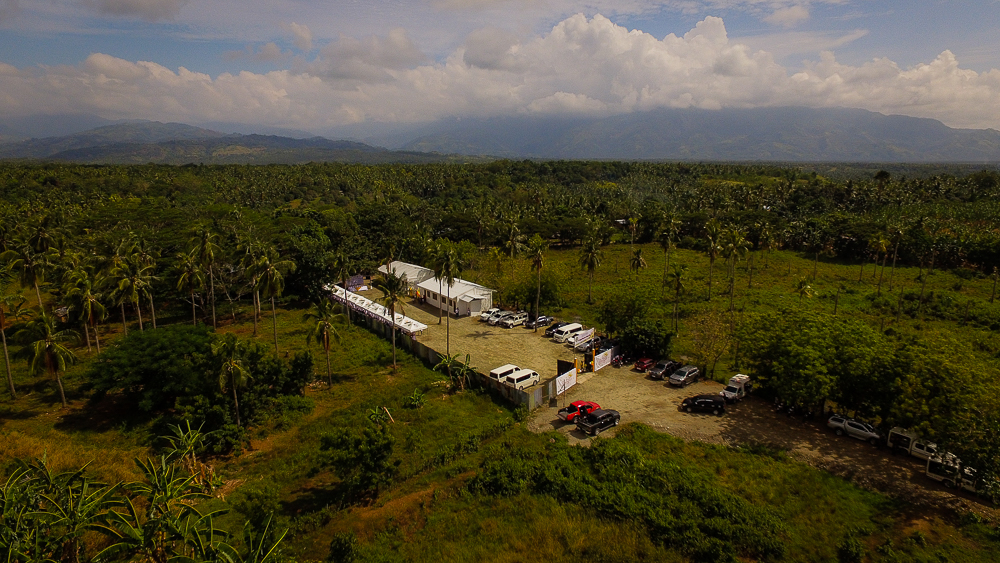
Provincial Administrator and Anti-Drug Abuse Council Action Officer Art Benjie Bulaong said that security is considered a main priority since the beneficiaries will be drug offenders. Most of them are detained at the Provincial Jail who have already served their sentences and availed of the “plea bargaining” agreement of which they are required to undergo the Drug Reformation Program.
Bulaong divulged that there are already 200 applicants for plea bargaining awaiting to be enrolled in the program. He added that this particular program not only ushers drug reformists towards their new life but would also help decongest the Provincial Jail.
With a maximum stay of six-month, clients who will be admitted in the Balay Silangan will receive various interventions centering on education and health, psychological and social support, spiritual enrichment, physical wellness and fitness, and livelihood and employment.

The program is divided into five phases namely screening, enrollment, completion, monitoring, and provision of livelihood interventions.
While the facility aims to help reform its clients, Bulaong clarified that the Balay Silangan is not a medical or treatment rehabilitation program that would help drug addicted individuals stop compulsive drug seeking and use. “It will depend on the severity of the client’s condition. For now, we can only cater those whose drug influence is rated low or moderate,” he added.

Ensuring proper delivery of interventions, the facility is equipped with trained personnel that include a nurse as the Center Manager, government physician, therapist or counselor, spiritual counselor, physical instructor, security personnel, and volunteers.
PARTNERSHIPS
Governor Dayanghirang said this facility will have an enormous impact in the province’s campaign against drugs. He thanked all those agencies and private institutions who are behind the successful establishment of the facility. He gave special recognition to the FFCCCII, who has not only donated one building for the reformation center but also a consistent partner in building classroom buildings to far-flung villages here.
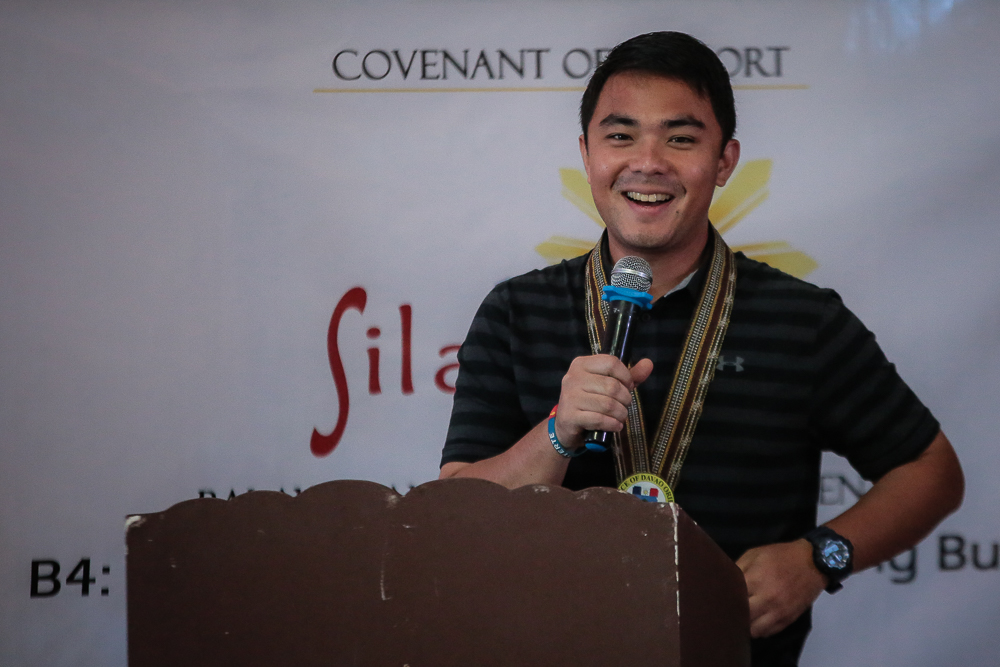
Department of Social Welfare and Development Assistant Secretary Jose Antonio Hernandez lauded the Provincial Government for its groundbreaking initiative. He also cited the partnership and collaboration that helped realize the noble task of helping those who have once fallen. “I hope that the LGU will continue what it’s doing,” he said.
“Drugs used to be a war we are losing at. Now that the President has stepped up in making a priority to solve this problem, we’re all called to take whatever there is in our arsenal in order to save the next generation,” he said, underlining that interventions should follow the whole-of-government and whole-of-nation approach.

Deputy Director General of the Philippine Drug Enforcement Agency (PDEA) Retired Colonel Ricardo Santiago extended the agency’s gratitude to the Provincial Government as “this opportunity to reiterate the importance of the participation and cooperation of the local government units in implementing the anti-illegal drugs program.”
Aside from the DSWD, PDEA, and FFCCCII, other partners involved in the Balay Silangan implementation and operation are the Department of Trade and Industry, Technical Education and Skills Development Authority, Department of Education, Davao Oriental State University, Department of Health, Philippine National Police, Philippine Army, and National Bureau of Investigation, among others. Photos by Eden Jhan Licayan.
